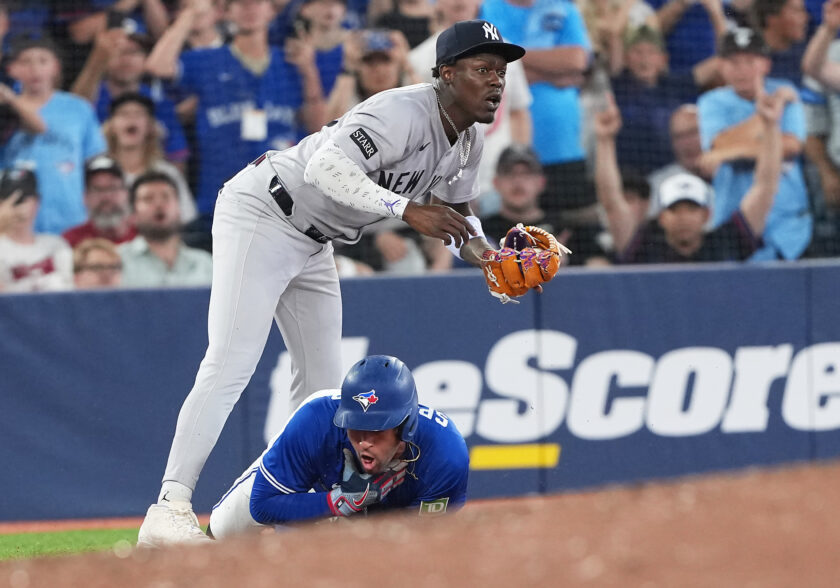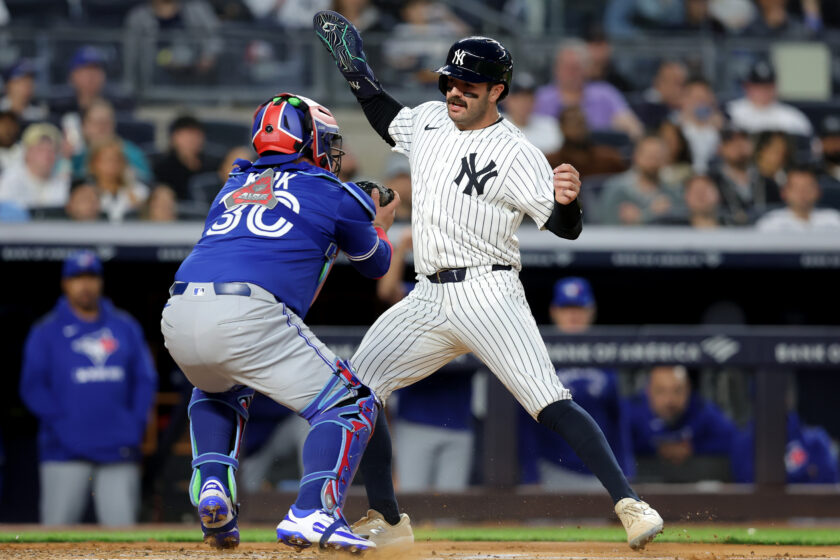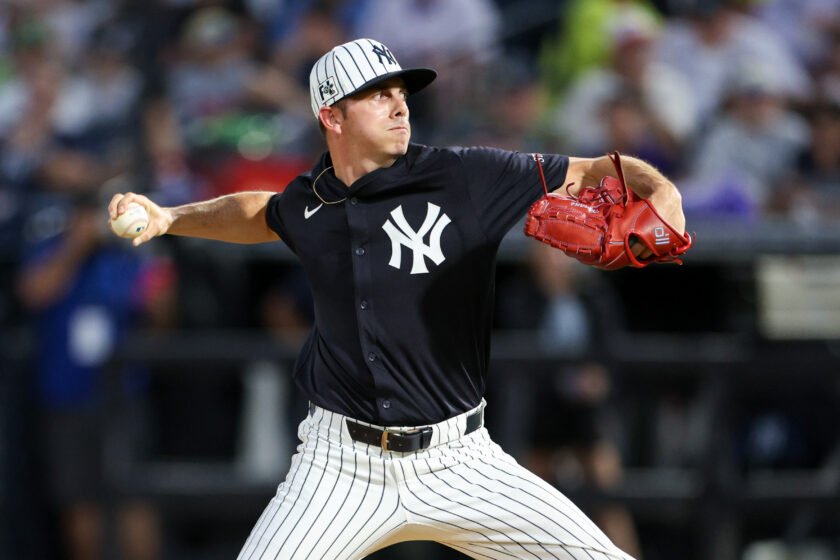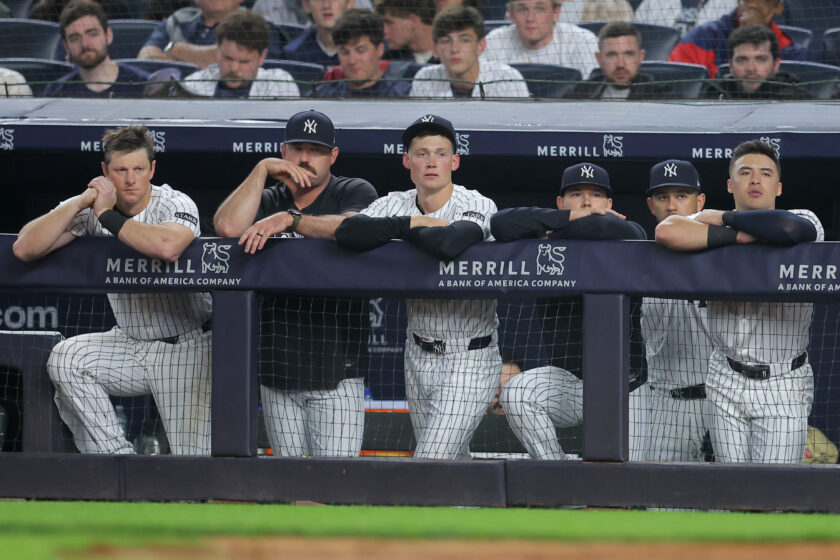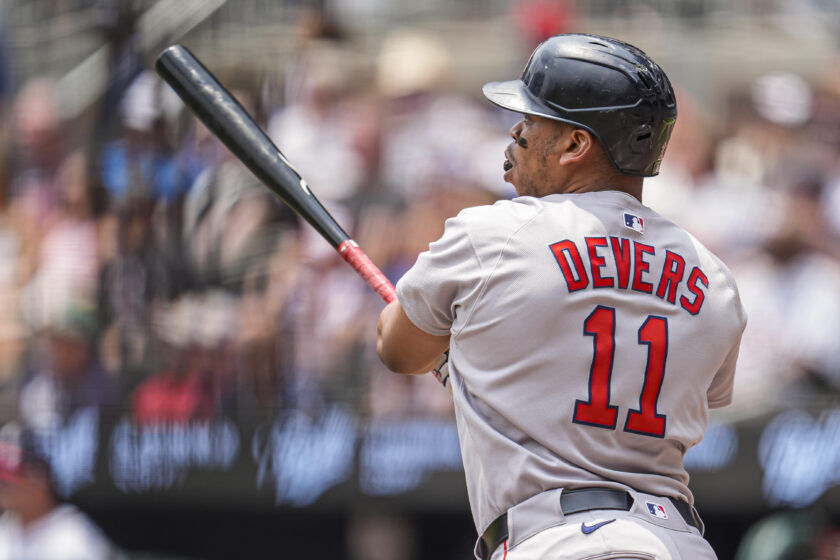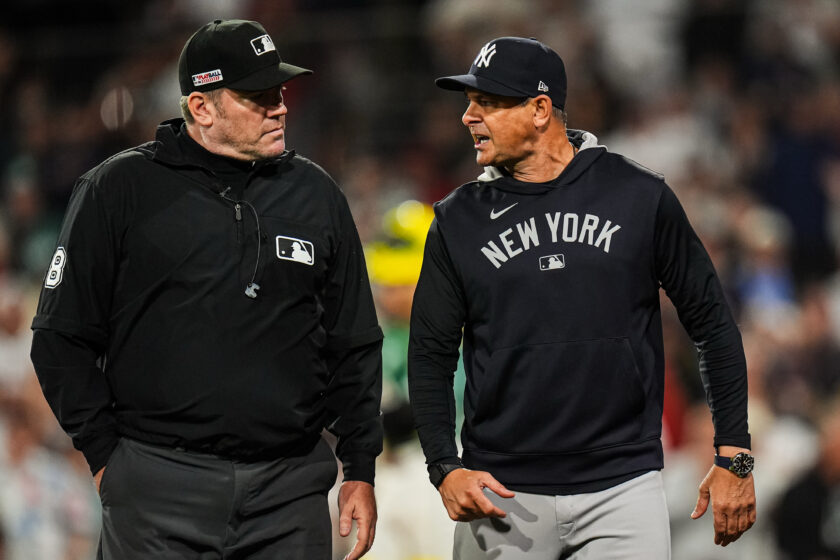New York Yankees: Potential Destinations For Jacoby Ellsbury
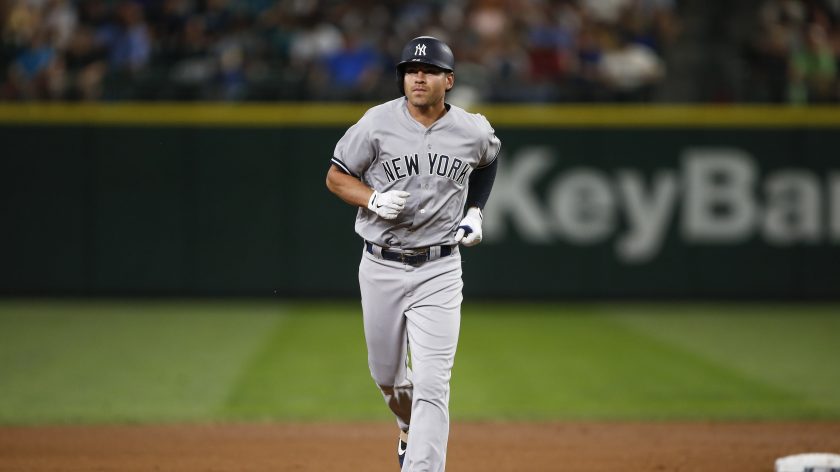
If the New York Yankees look to part ways with a current clog in their future game plan, it will take heavy negotiating with the correct organizations.
Enigmatic. That — of all words in the english language — is perhaps the best way to describe Jacoby Ellsbury’s first three years with the New York Yankees.
Flashes of brilliance and prolonged slumps that constantly infuriate fans. Tremendous aggressiveness and a lack of urgency. The bipolar nature of his performance often creates questions as to why $153 million was invested in his services.
While the 33-year-old certainly brings positives to the table, and plays a more than stellar center field, his contract screams the word mistake. A seven-year deal for an injury prone body and an inconsistent bat.
[sc name=”Yankees Link Related” link=”elitesportsny.com/2016/11/04/new-york-yankees-must-revamp-top-of-the-order-in-2017/” text=”Yankees Must Revamp Top Of The Order In 2017″ ]So, yes, it is more on the Yankees than it is on Ellsbury. They offered him the money, he took it, and he continues to perform to the best of his ability. The misjudged ability that any general manager in baseball would have rolled the dice on prior to 2014.
With that said, what’s done is done. Throughout his tenure in the Bronx, the former AL MVP runner-up has never recorded an on-base percentage north of .330, maintained to a batting average above .271, or flirted with the 20 home run mark many thought he would conquer with the short porch in right field.[sc name=”Yankees Center Right” ]
Most importantly, he has stolen a miserable 41 bases since the start of 2015 — only two more than his total (39) in his inaugural season in pinstripes.
Long story short, with a brilliant youth movement taking place, featuring the forthcoming emergence of Clint Frazier, the Yankees need to take a serious look at dumping Ellsbury. Based on the prior description, not many franchises will see a point in spending a fortune on underperformance.
However, if the Yankees eat a sizable portion of the money, the bar will be set far lower, inducing a clean slate and a raw look at the positives he brings to the table.
What could be a telling move requires the correct partner. So, without further adieu, here are three teams that — in all likelihood — would be willing to talk business if Brian Cashman met their financial needs.
[sc name=”Yankees Link Slideshow” link=”elitesportsny.com/2016/11/06/new-york-yankees-potential-destinations-for-jacoby-ellsbury/2/” text=”Begin Slideshow” ]
